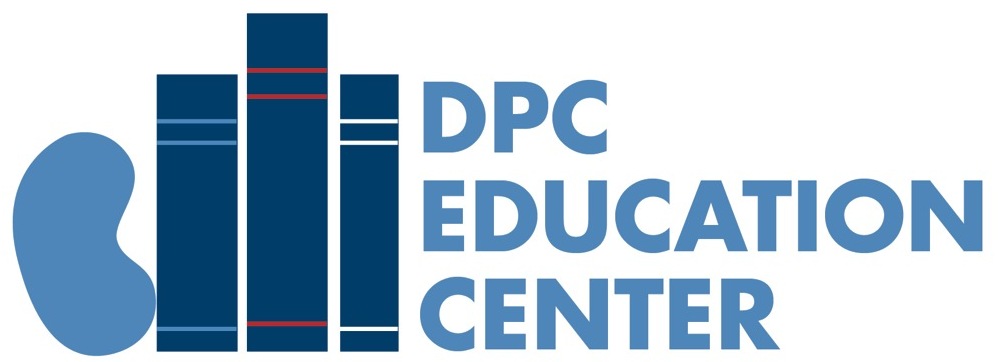Pennsylvania Dialysis Patient Resources
Patient Support and Financial Resources
National Kidney Foundation Serving the Alleghenies
Provides financial assistance to patients and families who are experiencing a financial crisis due to kidney disease or transplantation.
1-412-261-4115
Kidney Foundation of Central Pennsylvania (KFCP)
KFCP provides community education about chronic kidney disease, administers to the needs of those who have just learned of their disease, those who are dependent upon dialysis therapy and those who have received or are awaiting kidney transplants.
4813 Jonestown RD, Suite 101, Harrisburg PA 17109
Toll Free: 1-800-762-6202
Phone: 717-652-8123
ESRD Network
#4 ESRD Network
40 24th Street, Suite 410
Pittsburgh, PA 15222
1-800-548-9205
State Run Programs
Health Care Medical Assistance
1-800-692-7462
- Adult Programs: Medical Assistance Program (Medicaid) provides payment for health care services on behalf of eligible low-income individuals with limited income and high medical expenses.
- Programs for Children: Cover All Kids is the initiative that lead to the expansion of the CHIP program. Now, all uninsured children and teens in the commonwealth who are not eligible for Medical Assistance have access to affordable, comprehensive health-care coverage.
- Medication Programs: Prescription Assistance (PACENET) Prescription coverage for older residents with low income. Prescription Assistance (PACE) Prescription coverage for older residents with very low income.
- Additional Programs: AdultBasic Health insurance coverage for eligible adults between 19 and 65.
Health Reform Status
Exchange: The federal government will run the health insurance exchange in Pennsylivania.
Medicaid: It is not known at this time whether the state will expand Medicaid eligibility.





